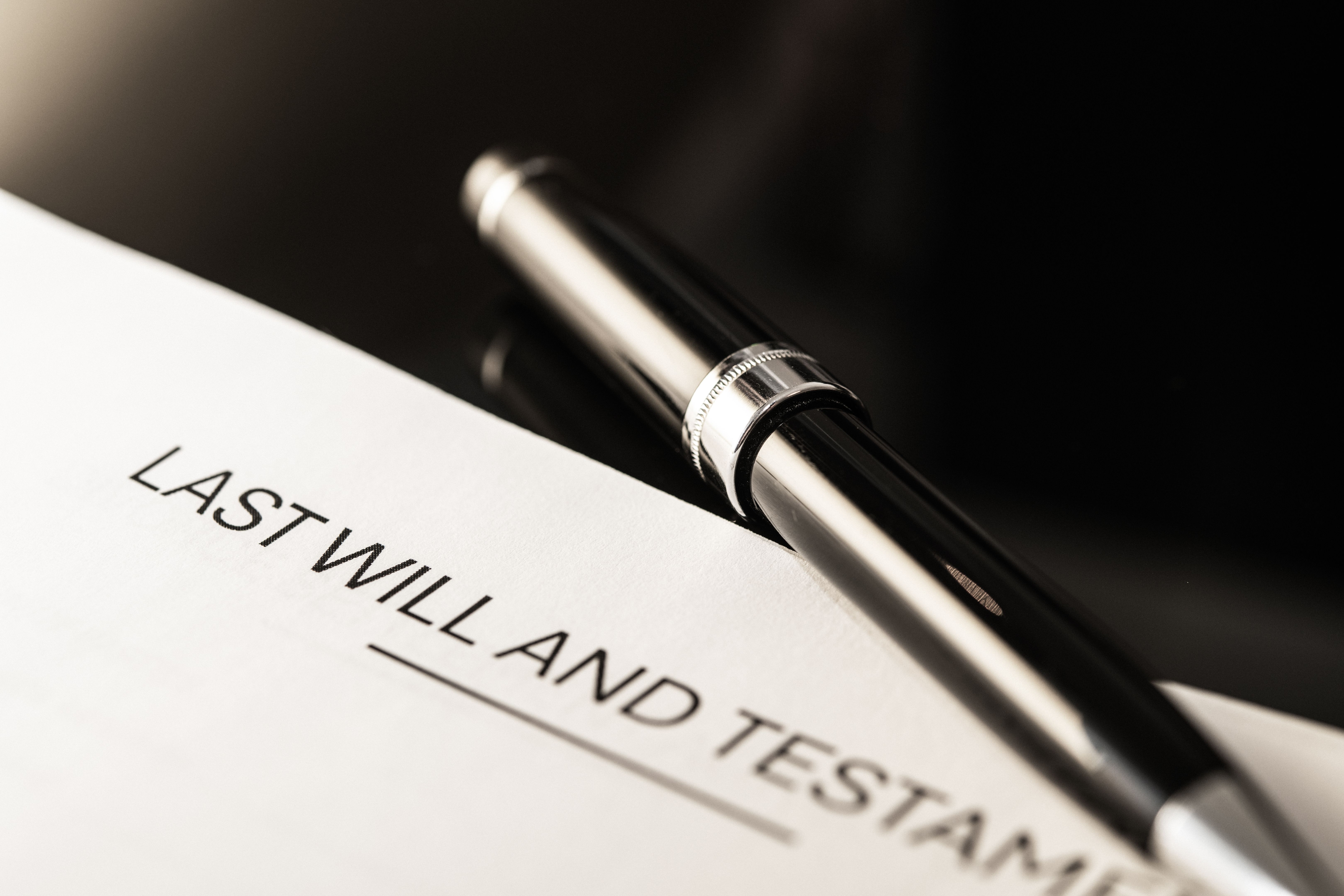The Importance of Choosing the Right Notary for Estate Planning
Understanding the Role of a Notary in Estate Planning
Estate planning is a critical process that involves organizing your assets and determining how they will be distributed after your death. A key component of successful estate planning is ensuring that all documents are legally binding and accurately reflect your wishes. This is where the role of a notary becomes essential. A notary serves as an impartial witness to the signing of important documents, helping to prevent fraud and ensuring authenticity.
When it comes to estate planning, a notary can assist in several capacities, including the notarization of wills, trusts, powers of attorney, and other legal documents. Their presence guarantees that these documents are executed according to the law, providing peace of mind for you and your beneficiaries.

The Consequences of Choosing the Wrong Notary
Selecting an inexperienced or unreliable notary for your estate planning needs can have severe consequences. Incorrectly notarized documents might lead to legal disputes or even render your estate plan invalid. This could result in lengthy court battles for your heirs, diminishing the value of the estate you intended to pass on.
Moreover, a notary who fails to follow proper procedures could compromise the confidentiality and security of your sensitive information. It's crucial to choose a notary with a solid reputation and verified credentials to avoid these potential pitfalls.
Key Qualities to Look for in a Notary
When selecting a notary for your estate planning, there are several key qualities to consider:
- Experience: Look for a notary with experience in estate planning to ensure they are familiar with the required documents and protocols.
- Reputation: Check reviews and testimonials from previous clients to gauge their reliability and professionalism.
- Credentials: Verify their licensure and any additional certifications that demonstrate their expertise.

Questions to Ask Your Prospective Notary
Before hiring a notary, it's wise to ask a few pertinent questions to assess their suitability for your needs. Consider asking:
- How many years have you been notarizing estate planning documents?
- Can you provide references from clients with similar needs?
- What measures do you take to ensure document security and confidentiality?
The answers to these questions can help you determine whether the notary is equipped to handle your estate planning requirements effectively.
The Benefits of Working with a Qualified Notary
Engaging a qualified notary in your estate planning process offers numerous benefits. A competent notary ensures that all documents are correctly executed, minimizing the risk of future disputes. This attention to detail can save your beneficiaries time, money, and stress.
Furthermore, a knowledgeable notary is adept at identifying potential issues before they arise, providing valuable guidance that can enhance the robustness of your estate plan. Their expertise ensures that your final wishes are respected and legally binding.
Conclusion: Making the Right Choice
Choosing the right notary is a crucial step in securing the integrity of your estate plan. By prioritizing experience, reputation, and credentials, you can ensure that your estate planning documents are handled with the utmost care and professionalism.
Ultimately, the peace of mind that comes with knowing your affairs are in order is invaluable. Take the time to select a trusted notary who will safeguard your legacy for future generations.
